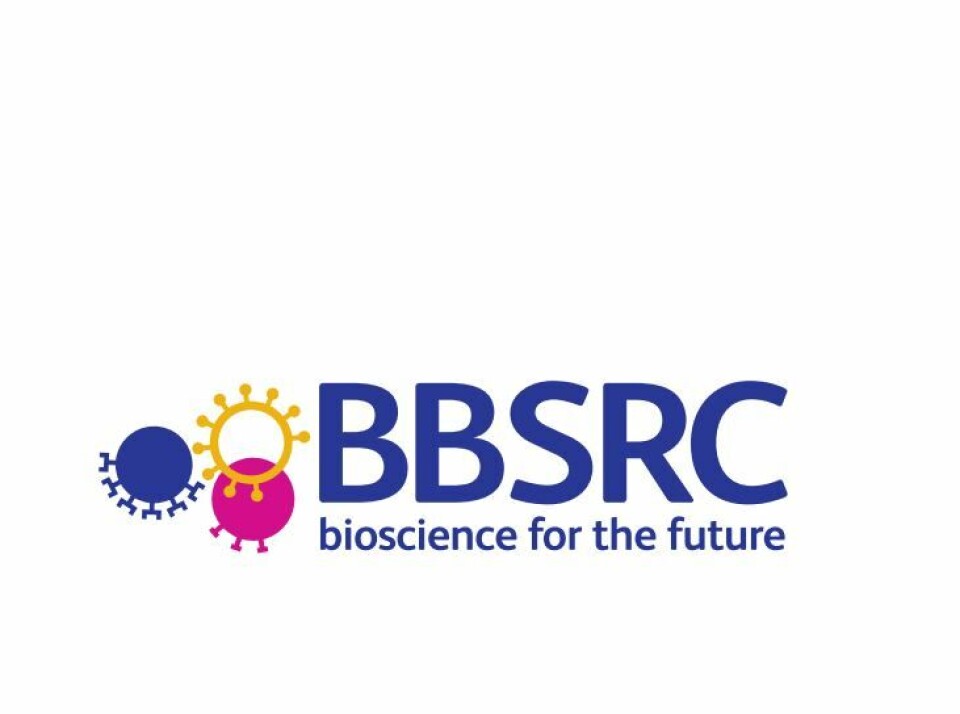
£4.4m offered for aquaculture research
Researchers have been invited to apply for a share of £4.4 million to fund projects that can help the UK aquaculture industry.
The Biotechnology and Biological Sciences Research Council (BBSRC) and the Natural Environment Research Council (NERC) have issued a joint call for applications for the funding as part of their UK Aquaculture Initiative.
Two types of funding will be available:
- Funding for up to three large consortia grants, bringing together expertise from multiple disciplines to address challenges which cross the BBSRC/NERC remit. These grants will be funded for up to three years at a maximum of £1.2m.
- Funding for 7-10 smaller innovation grants addressing needs of the aquaculture industry. These grants will be funded for 12-24 months at a maximum of £200,000.
In both cases involvement of a non-academic project partner is mandatory.
A number of priority areas have been identified by BBSRC/NERC. They are:
1. Aquaculture & natural capital: the relationships between current and projected
environmental impacts of UK aquaculture and ecosystem services.
2. Interrelationships between farmed species (incl. algae) and wild organisms:
including disease transmission, and ways to mitigate introgression between wild and
farmed species.
3. Aquaculture & climate change: analyses and modelling on how and where future
climate change scenarios are most likely to impact on current and future aquaculture
practices.
4. Health and disease in finfish and shellfish: investigations into important existing and
emerging diseases in finfish and shellfish, including research into stock enhancement
and genome editing for disease resistance, host-pathogen/parasite interactions,
multiscale modelling, environmental factors that influence disease incidence, and
vaccine development. The development of novel tools and technologies to tackle diseases in aquaculture is particularly welcomed.
5. Nutrition, feed and interactions with the natural environment: the impact of diet on
fish intestinal health, the fish microbiome, immune development and disease resistance.
6. Food safety: improving the understanding of the factors that influence food safety, and
developing ways to reduce food-borne diseases in fish. Novel technologies that can
rapidly monitor, screen and detect foodborne diseases and harmful environmental toxins
(e.g. algal blooms) in aquaculture populations and the wider environment are within scope of the funding.
The councils welcome proposals which cross-cut the above themes whilst focusing on at least
one of the themes, especially the following:
• Disruptive technologies for monitoring and predicting risks, and to enhance the
capacity of aquaculture
• Data sharing and management
A workshop on the call for project applications will be held on December 6 at Fishmongers Hall in London.
Aquaculture Initiative business interaction manager Rosie Peacock said chosen projects were unlikely to duplicate work already being done by the Stirling-based Scottish Aquaculture Innovation Centre.
"SAIC is obviously Scottish focused wheres we fund across the UK, and the call is more UK-wide than SAIC would be able to support, and it's also slightly broader than their overall remit," said Peacock.
"They are aware of our initiative and what we're doing, and we work with them around that, and we would probably hope to have someone from SAIC at the workshop, and eventually on the panel assessing these applications, so they would have a reasonably good sight of what we're doing so we can make sure we're not funding in exactly the same space that they are.
"We support all aquaculture relevant to the UK - finfish, outside salmon as well as salmon, then of course the whole shellfish sector as well - but simply because the salmon industry is so large, we do expect there will be a number of applications from people doing research in that area."
Find out more about the funding offer here.






















































